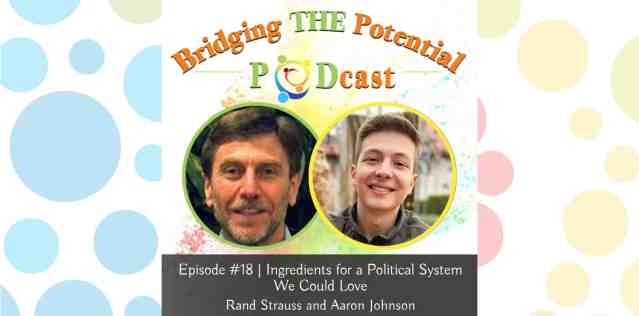The Fun of Discovery

During a recent Podluck, a question was raised about the difference between schooling and learning. It was an intense conversation with a diverse group of adults, many of whom are concerned about what to do with their kids who are home now that schools are closed and/or going online.
Many are wondering how to motivate their kids to do the schoolwork that is being delivered online every day. Worksheets galore, combined with reading assignments to match the textbooks related to the courses mandated, are to be studied along the conveyor belt of the industrial model of education. How frustrating it is to have to make their child sit down and do the work that has been assigned!
“I can’t get Johnny to do his math problems,
and I find myself getting impatient and, worse, angry.”
“I recognize the stress we are all under as a family,
as we are all doing what we think is the right thing to do;
but so much of it feels unnatural.”
As I held space for these thoughts and feelings to be expressed out loud and heard by others, I invited the group to consider the essence of a true learning environment and how, in many ways, we were engaging in one in that very moment. We each were empowered in a safe environment, right there in the Zoom room. Our minds and hearts were opening and there was a listening space to share perspectives related to the problem and the possible solutions we could bring about together.
What if learning happens all the time and is a natural way of being?
What if we simply haven’t been paying attention or leveraging the opportunities?
I shared some stories about how learning happens within intergenerational relationships and what I have personally learned by observing the learning of young children.
- Curiosity seems to be the essential factor that catalyzes the search and discovery. When we stay grounded in the WHY question, it helps all of us stay grounded on the purpose behind everything that we do.
- When there is a strong desire to learn, it naturally begins with well-formed questions.
- Unlike schooling, It’s okay not to know… because if we think we already have the answer, then enthusiasm dwindles. Most people want to learn because there is a natural creative process of application attached to it. (Remember, tests are not a true indication for real learning!) If the cognitive focus of facts and figures is not mixed with the creative experiential approach, it has no meaning. With no meaning, people are bored and frustrated.
- Relationships matter. We mostly need to experience the connection with others who care about the same issue, and then magic happens when people feel seen and heard. As they share what is real for them in the moment, a context for the content emerges.
Learning for life is about trusting ourselves, and creating a safe place to cultivate what is bubbling up inside.
The universe is the classroom, and every curious notion can be developed further. Just ask Google or Wikipedia!
Let’s bring back the fun of discovery.
Learning the art of conversation with others is a good starting point.
Join us for the next Podluck…






Responses